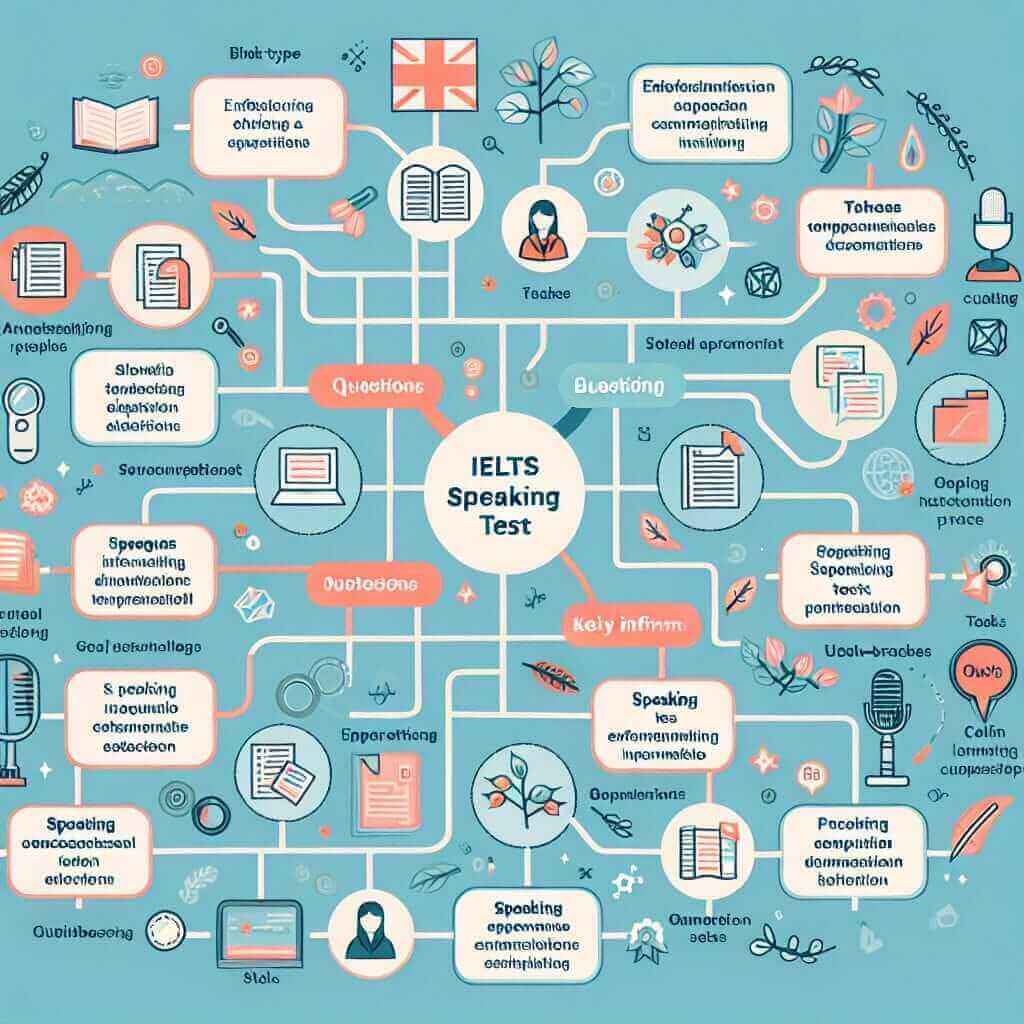Mastering the IELTS Speaking test requires not just fluency and vocabulary, but also the ability to effectively analyze and understand the questions. This crucial skill helps you provide relevant responses, showcase your language range, and ultimately achieve a higher band score.
This comprehensive guide will delve into proven strategies to dissect IELTS Speaking questions, enabling you to confidently navigate the test and impress the examiner.
Understanding the Keyword: Analysis
Before we proceed, let’s break down what we mean by “analyzing” IELTS Speaking questions:
- Identifying the Question Type: Is it asking for your opinion, personal experience, a description, or a comparison?
- Unpacking Key Information: What are the core topics and keywords within the question?
- Determining the Task: What does the examiner expect you to talk about? What kind of response would best address the prompt?
Examples of Analyzing Speaking Questions
Let’s look at some examples to illustrate how to analyze IELTS Speaking questions:
1. Question: Describe a time you helped someone.
- Question Type: Describing a past event (personal experience).
- Key Information: “Help,” “someone,” implying a specific situation.
- Task: Recount a specific instance when you assisted someone, providing details and perhaps reflecting on the experience.
2. Question: Do you think it’s important for people to have hobbies? Why/Why not?
- Question Type: Asking for your opinion and justification.
- Key Information: “Hobbies,” “importance.”
- Task: Express your viewpoint on the value of hobbies and provide reasons to support your stance.
3. Question: Some people believe that technology is making our lives more stressful. What do you think?
- Question Type: Asking for your opinion on a statement.
- Key Information: “Technology,” “stressful,” implying both positive and negative aspects.
- Task: Present your perspective on technology’s impact on stress levels, acknowledging different viewpoints and providing justifications.
Applying Analysis to the IELTS Speaking Test
Across all three parts of the IELTS Speaking test, effective question analysis is paramount. Here’s how to apply it:
Part 1: Introduction and Interview
- Focus on providing clear and concise answers.
- Don’t overthink simple questions – analyze them for basic information and respond directly.
Example:
Question: “Do you enjoy reading?”
Analysis: This is a simple yes/no question about your habits.
Response: “Yes, I’m an avid reader. I particularly enjoy historical fiction and biographies.”
Part 2: Individual Long Turn
- Use the 1 minute preparation time wisely to analyze the cue card.
- Underline key information and plan your response using the bullet points as prompts.
Example:
Cue Card: “Describe a memorable journey you have been on.”
Analysis: You need to describe a journey (not just a destination), focusing on what made it memorable. Consider the “who, what, when, where, why” to structure your response.
Part 3: Two-Way Discussion
- Questions in this section are more abstract and require deeper analysis.
- Identify the underlying theme and consider different perspectives.
Example:
Question: “What are the advantages and disadvantages of living in a globalized world?”
Analysis: This question explores the impacts of globalization. You need to analyze both positive and negative aspects, providing balanced arguments.
 IELTS Speaking Test Analysis
IELTS Speaking Test Analysis
Common Errors and How to Avoid Them
- Misinterpreting the question: Rushing to answer without fully understanding the prompt leads to irrelevant responses.
- Ignoring keywords: Missing crucial keywords like “compare,” “explain,” or “your opinion” can result in an incomplete answer.
- Providing generic responses: Avoid pre-prepared answers that don’t address the specific nuances of the question.
Tips for Effective Analysis and Practice
- Practice regularly: Analyze sample IELTS Speaking questions from official sources.
- Record yourself: Speaking aloud and listening back helps identify areas for improvement in analysis and response delivery.
- Seek feedback: Ask teachers or language partners to evaluate your responses for relevance and clarity.
By mastering the art of analyzing IELTS Speaking questions, you equip yourself with a powerful tool for success. Through careful practice and strategic thinking, you’ll confidently navigate the complexities of the test and achieve your desired band score.


